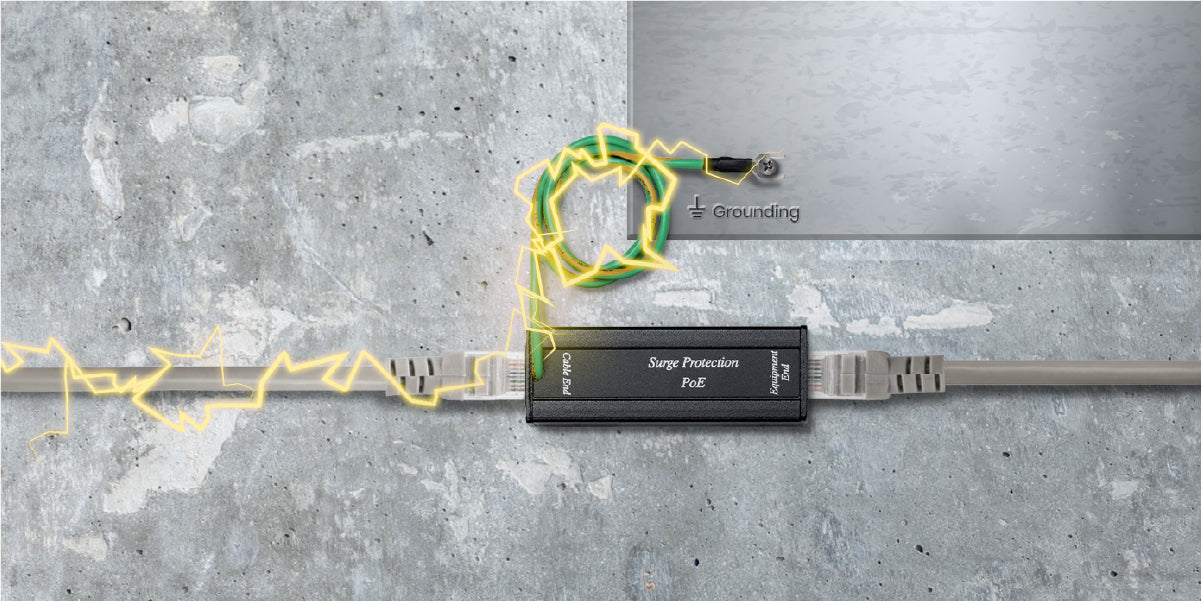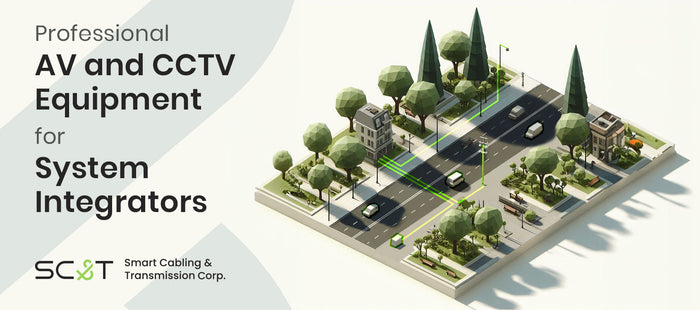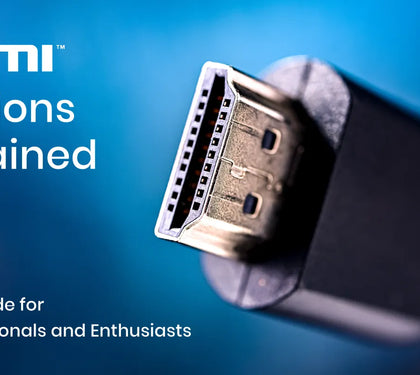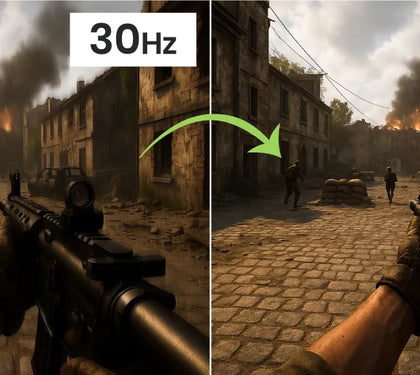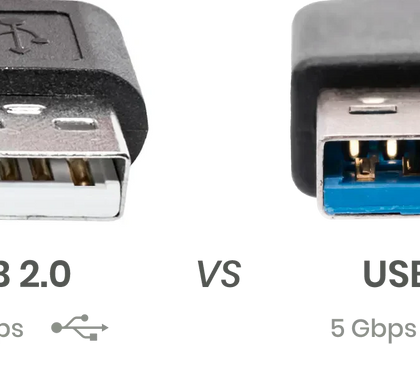In today’s network environment, with the increasing number of electronic devices, the risk of damage due to power surges is growing. Power surges, often caused by lightning strikes, power fluctuations, or other electromagnetic interference, can enter your system through power lines, network cables, or other connections.
When these surges reach your equipment, they can cause significant damage or even complete failure, particularly for PoE (Power over Ethernet) devices. The primary function of PoE surge protectors is to intercept and dissipate these harmful surges, protecting your equipment from damage.
PoE surge protectors typically utilize components such as gas discharge tubes (GDT), metal oxide varistors (MOV), and transient voltage suppressors (TVS) to absorb and dissipate the surge. These components react quickly to high-voltage surges, diverting them to the ground, thus preventing the surge from entering your devices and causing harm.
For more details on how surge protectors work, check out this article: Surge Protection for CCTV and Pro AV Equipment and Its 4 Technologies
Devices That Benefit from PoE Surge Protectors
PoE surge protectors can be used with a wide range of devices that rely on Power over Ethernet. Here are some of the most common examples:
-
CCTV Cameras: Since surveillance systems are often installed outdoors, they are susceptible to lightning strikes and other electromagnetic interference. Using a PoE surge protector can effectively prevent camera damage.

-
Wireless Access Points (APs): Wireless network devices are frequently placed on rooftops or outside buildings, exposing them to harsh weather conditions. PoE surge protectors provide the necessary protection.

-
VoIP Phones: VoIP phone systems, commonly used in businesses, can be powered via PoE. Using surge protectors ensures stable voice communication without interference.

-
IP Audio Equipment: Devices like IP speakers and IP microphones rely heavily on stability, especially in business environments, making surge protection essential.
 (Image Source: ITC-300 Digital Intercom System | Datavideo)
(Image Source: ITC-300 Digital Intercom System | Datavideo) -
Network Switches: As the core of a network, switches are often targeted by power surges. Protecting them is crucial for maintaining network stability.

-
Access Control Systems: Modern access control systems are often connected to networks. PoE surge protectors can prevent lightning-induced damage to access control devices.

-
IoT Devices: With the proliferation of IoT devices, many now rely on PoE for power, making the use of surge protectors increasingly important.
Each of these devices faces unique challenges, but with the right PoE surge protectors, you can significantly reduce the risk of damage.
Choosing the Right IP/PoE Surge Protector
Choosing the right surge protector for your IP or PoE devices is essential. A wrong choice can not only disrupt your system but also damage your equipment. Here are a few things to keep in mind:
IP vs. PoE Devices
While IP and PoE standards are often compatible, it's important to remember that IP surge protectors don’t work with PoE devices. This is because PoE carries both data and power, and an IP surge protector would block the power, preventing your device from working properly. It’s an easy mistake to make but worth noting!

Bandwidth
Make sure the surge protector’s bandwidth is greater than that of your network equipment. For example, if you’re using a 1Gbps switch, don’t pair it with a 100Mbps surge protector—this can lead to poor performance, unstable connections, or even total transmission failure.

PoE Standards
Different PoE standards allow varying levels of power to be transmitted over network cables. To make sure your devices work correctly, always choose a surge protector that supports the appropriate PoE standard. Here are a few helpful terms:
Key Considerations
-
PSE: Power Sourcing Equipment (e.g., PoE switches, injectors).
-
PD: Powered Device (e.g., IP cameras, wireless access points).
-
Cable Requirements: Cat5e is the minimum recommended cable, but Cat6 or better is ideal for future-proofing and better performance.
-
Max. Cable Length: The maximum PoE cable length is typically 100 meters, including 90 meters of horizontal cabling and 10 meters of patch cables.
-
Backward Compatibility: Newer PoE standards, like 802.3bt, are backward compatible with older ones such as 802.3af and 802.3at.
A Real-Life Example from a System Integrator
Surge protectors may not solve every problem, but they can make a huge difference in protecting your equipment and reducing costs. Here’s a real example: A system integrator installed PoE extenders in a CCTV setup with over 100 PoE cameras. They used transmitters on the camera side and receivers in the control room. Before they installed surge protectors, around 50% of the transmitters (and cameras) and 25% of the receivers were damaged each year, leading to significant financial losses.
After adding PoE surge protectors, the damage rate dropped dramatically: from 50% to just 10% for the transmitters, and from 25% to only 1% for the receivers. This not only saved a lot of money but also reduced the time spent on maintenance.


Practical Benefits of Surge Protectors

In real-world applications, like road surveillance projects, using PoE surge protectors has significantly cut down on unexpected costs. The main benefit is simple: surge protectors prevent equipment damage, which helps you avoid expensive repairs and replacements. For businesses, this protection also means minimizing potential downtime, which can save both time and money.
Plus, surge protectors improve the overall stability of your network. Without them, a power surge could travel through your network, affecting all connected devices. Surge protectors stop this from happening, ensuring everything runs smoothly.
In summary, investing in high-quality PoE surge protectors is a smart move. They not only protect your network equipment but also increase the overall reliability of your system, giving you peace of mind in bad weather or unstable power conditions. Whether for business, home, or public facilities, PoE surge protectors are a must-have for safe and stable operations.

